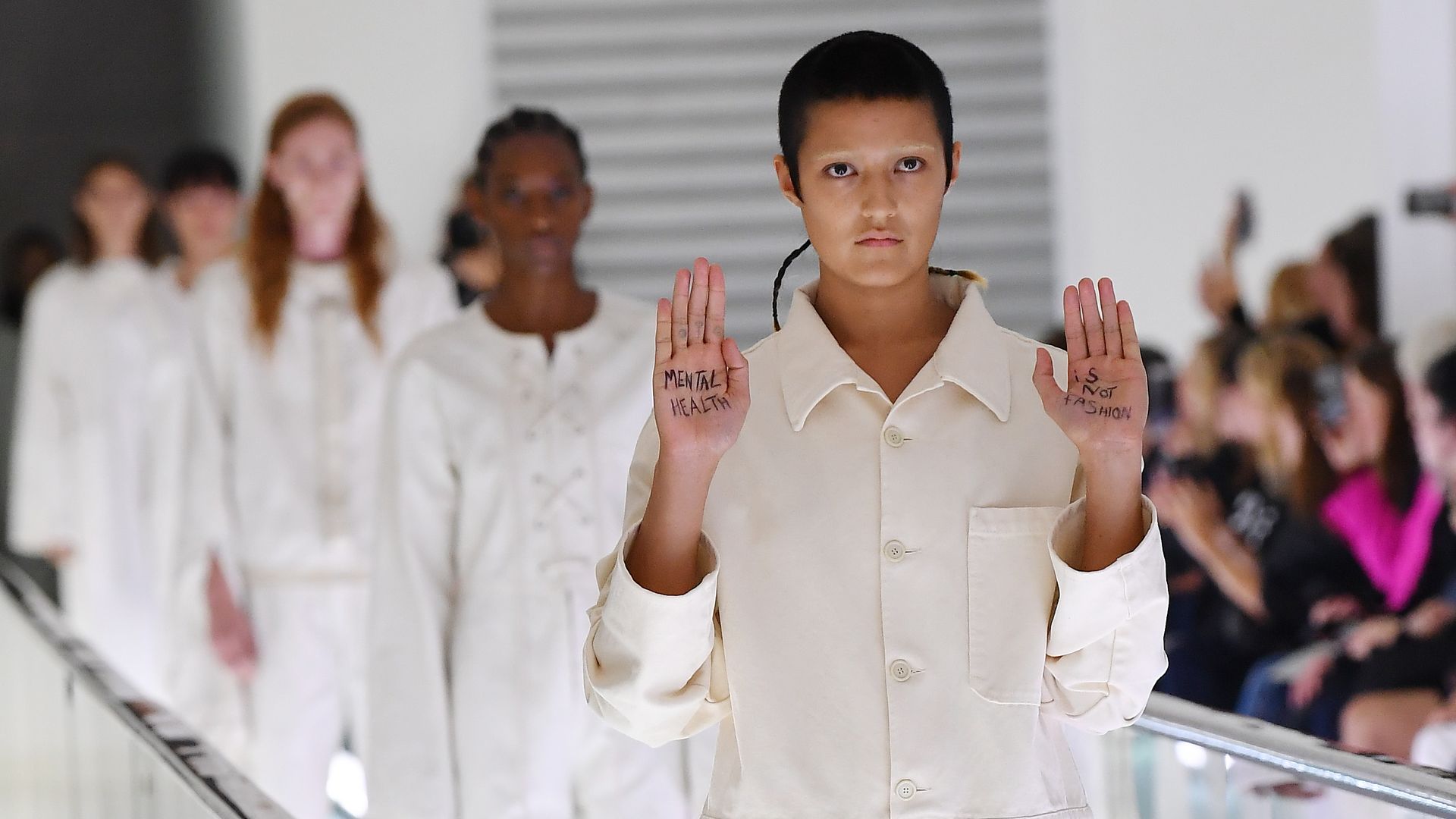High-end fashion houses struggle to learn from controversial missteps – Axios

Gucci and Prada are among the top luxury brands consumers have a strong emotional bond with, according to the latest brand intimacy study from the marketing agency MBLM.
Why it matters: Gucci has repeatedly released racially insensitive items, but still maintains a strong bond with consumers. The company has made some effort to improve, but nothing has changed how Gucci operates at its core.
- The Italian brand was most recently criticized for being insensitive to mental health in September when it debuted straitjackets during Milan Fashion Week, the Washington Post reports.
- Gucci has also been under fire for selling a $790 blue Turban at Nordstrom in May. The Sikh Coalition tweeted: “The turban is not just an accessory to monetize; it’s a religious article of faith that millions of Sikhs view as sacred.”
The big picture: Numerous companies, including Dolce and Gabbana, Dior, and Burberry continue to make one misstep after another.
- High-end fashion companies “live in a sort of bubble and lack the diversity in their staff that could vet their fashion,” reports the Associated Press.
Between the lines: Mikaila Brown, a fashion anthropologist and lecturer at Cornell University, says most of these companies are based in Europe, where race is discussed and handled differently than in the U.S.
- Brown says the European work culture makes raising concerns difficult, especially when time and money are invested in the designs.
Brown says Gucci has made some effort by collaborating with African American designer Dapper Dan and creating more minority initiatives.
- Yes, but: Gucci has never dealt with a significant financial fallout after the release of a controversial item, Brown said, despite how willing black communities are to call them out on social media.
Other examples:
- Dolce and Gabbana canceled fashion shows in China after a controversial ad showed a Chinese woman struggling to eat Western foods with chopsticks, reports the South China Morning Post.
- Dior’s ad featuring actor Johnny Depp was criticized for invoking images of a Native American dancing for a perfume called ‘Sauvage,’ or savage in English, reports the Washington Post.
Go deeper … New culture war: The meaning of white privilege
Let’s block ads! (Why?)


